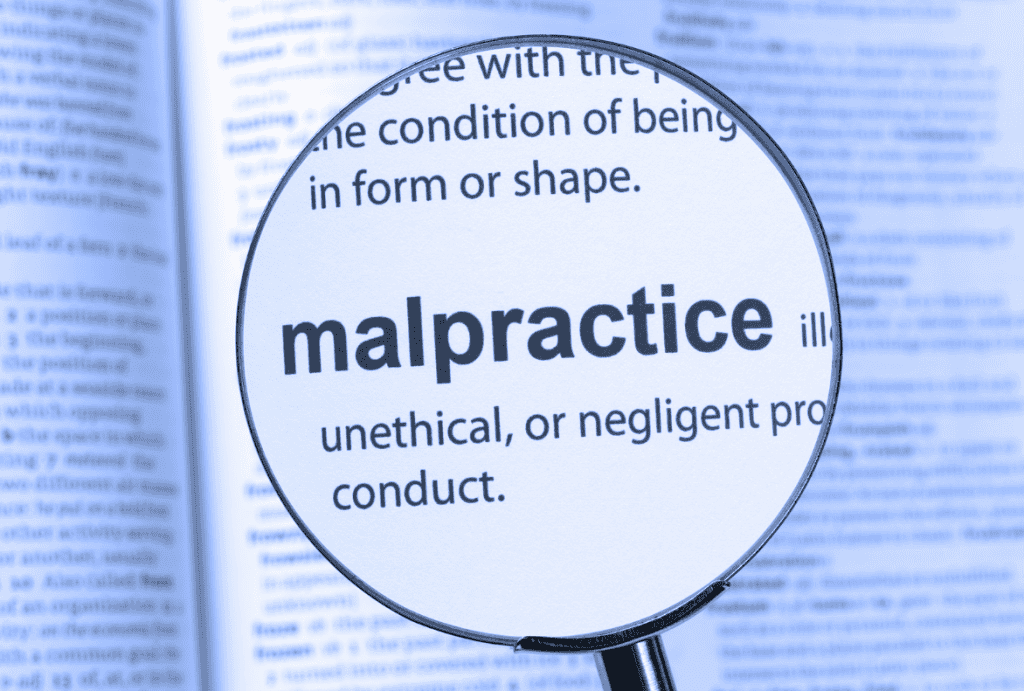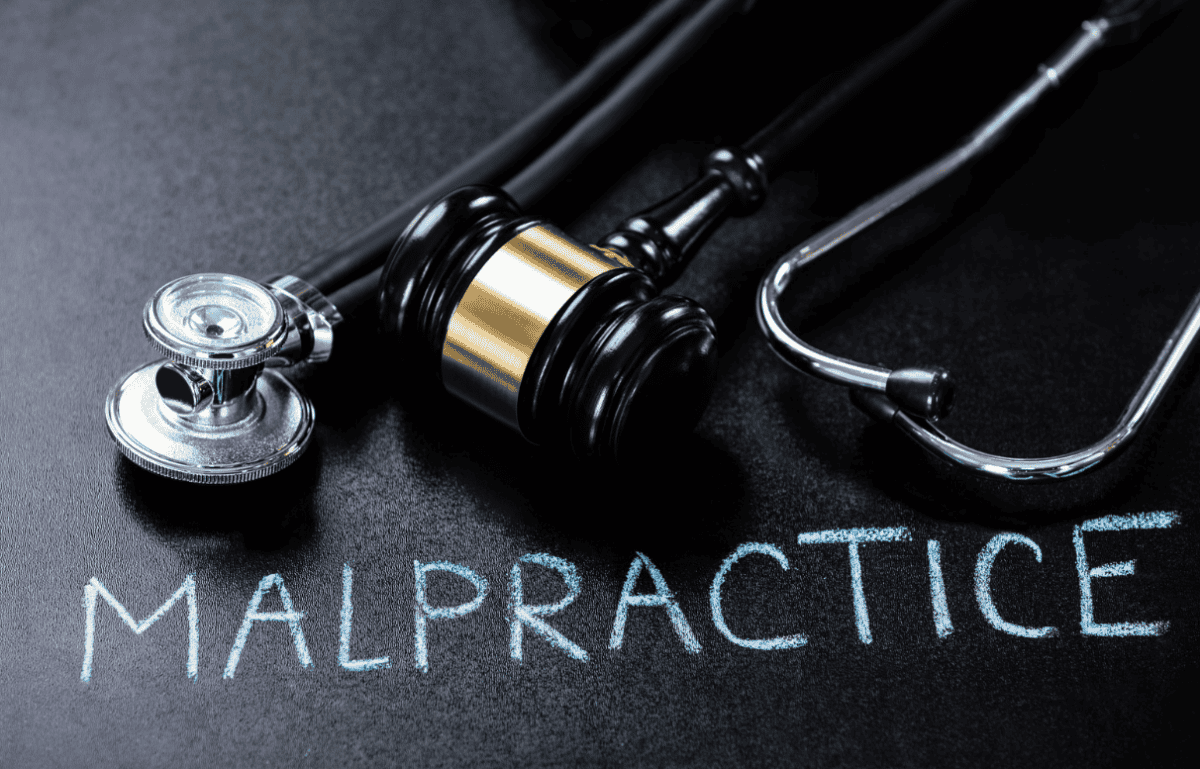Medical errors contribute to an estimated 10% of all deaths annually in the United States, making medical malpractice the third leading cause of death, surpassed only by heart disease and cancer, according to a comprehensive study from Johns Hopkins Hospital and data from the National Practitioner Data Bank (NPDB).
In fact, as of mid-2024, there have been approximately 4,670 reported medical malpractice cases. Another study conducted by the Harvard University professors revealed that medical errors cost the U.S. economy a staggering $55 billion annually. These costs include medical expenses, lost wages, and other related financial burdens.
Given the significant financial and emotional toll of medical malpractice cases, settlements offer a way to resolve these disputes without the prolonged stress and costs of litigation. Medical malpractice lawyers from Elam & Rousseaux emphasized that settlements typically involve negotiation and the participation of medical and legal professionals who review the evidence thoroughly.
Here’s what you need to know about the settlement process in a medical malpractice case.
Factors Influencing Settlement Amounts
The amount of a medical malpractice settlement is influenced by several key factors, primarily the severity of the injury and the strength of the available evidence. Severe injuries that result in long-term effects, disabilities, or a diminished quality of life will generally lead to higher settlement amounts. On the other hand, less severe injuries may result in smaller settlements.
Malpractice attorney Peyton Murphy explains that the strength of the evidence in your case is another crucial factor in determining settlement negotiations. Comprehensive medical records, expert testimony, and clear documentation of the malpractice incident can result in higher settlement offers. On the other hand, if the evidence is weak or unclear, healthcare providers or insurance companies may offer a lower settlement.
When evaluating settlement offers, it’s important to carefully consider the full scope of your injuries, ongoing medical costs, and quality of life. This will help ensure that the settlement accurately reflects your losses.

Role of Insurance Companies
In many medical malpractice cases, insurance companies act on behalf of healthcare providers, covering the costs of settlements and legal expenses. These companies play a crucial role in determining whether a case will be settled or proceed to court. Insurance adjusters assess the seriousness of the injury, the potential for future medical care, and the damages that could be awarded in court.
While insurance companies may seek to minimize their payouts, they are often willing to negotiate settlements. For instance, if an insurance company faces a strong case with robust evidence, they might prefer settling out of court to avoid the risk of a larger payout from a trial verdict. Having an experienced attorney on your side is crucial in ensuring that you receive a fair settlement that accounts for all your financial and emotional losses.
Mediation and Arbitration Procedures
Mediation and arbitration are two common methods of resolving medical malpractice cases outside of court. These alternative dispute resolution processes can be quicker, more cost-effective, and confidential compared to traditional litigation.
Mediation: In mediation, a neutral third-party mediator facilitates discussions between the parties involved to help them reach a mutually agreeable settlement. Mediation is not binding, meaning that both sides are free to accept or reject the outcome. It encourages open dialogue and collaboration but does not impose a decision.
Arbitration: In arbitration, an impartial arbitrator listens to both sides and renders a binding decision. Unlike mediation, arbitration results in a final, legally enforceable resolution. While arbitration may offer a quicker decision, it does not allow for renegotiation once the arbitrator has made a ruling.
Both mediation and arbitration offer benefits such as reduced costs, faster resolutions, and the privacy of keeping proceedings confidential. Choosing between mediation and arbitration will depend on your case’s unique circumstances, including the level of disagreement between the parties and the desired speed of resolution.
Legal Representation and Counsel
Medical malpractice cases are complex, and dealing with the legal and medical intricacies of these claims requires a malpractice lawyer. A medical malpractice attorney will help you build a strong case by reviewing medical records, gathering expert testimony, and negotiating on your behalf.
Your attorney also plays a crucial role in advising you on whether mediation, arbitration, or litigation is the best path for your case. Additionally, they can work with insurance companies and healthcare providers to protect your rights and ensure you receive fair compensation for your injuries and losses.

Timing and Documentation Requirements
The settlement process in medical malpractice cases hinges on the availability of complete and accurate documentation. To ensure a smooth and prompt resolution, it’s important to gather all relevant medical records, bills, receipts, and other documents that support your claim. Missing or incomplete documentation can slow down the settlement process and weaken your case.
Additionally, keep in mind that every state has its own statute of limitations for filing a medical malpractice claim. Missing this deadline can result in your case being dismissed, so it is crucial to act promptly. Maintain detailed records of all communications and case-related documents, including emails, letters, and meeting notes. This will not only help keep track of the settlement progress but also serve as critical evidence during negotiations.
Settlement Processes in Medical Malpractice Cases – Final Words
The final amount of a medical malpractice settlement depends on many factors, including the severity of the injury, the strength of the evidence, the role of insurance companies, and whether alternative dispute resolution methods like mediation or arbitration are used. Having the right lawyer to guide you through this complex process is essential to securing a fair settlement.
Keep in mind that a knowledgeable medical malpractice lawyer can greatly improve your chances of achieving a favorable result, whether through negotiation, mediation, or arbitration.


